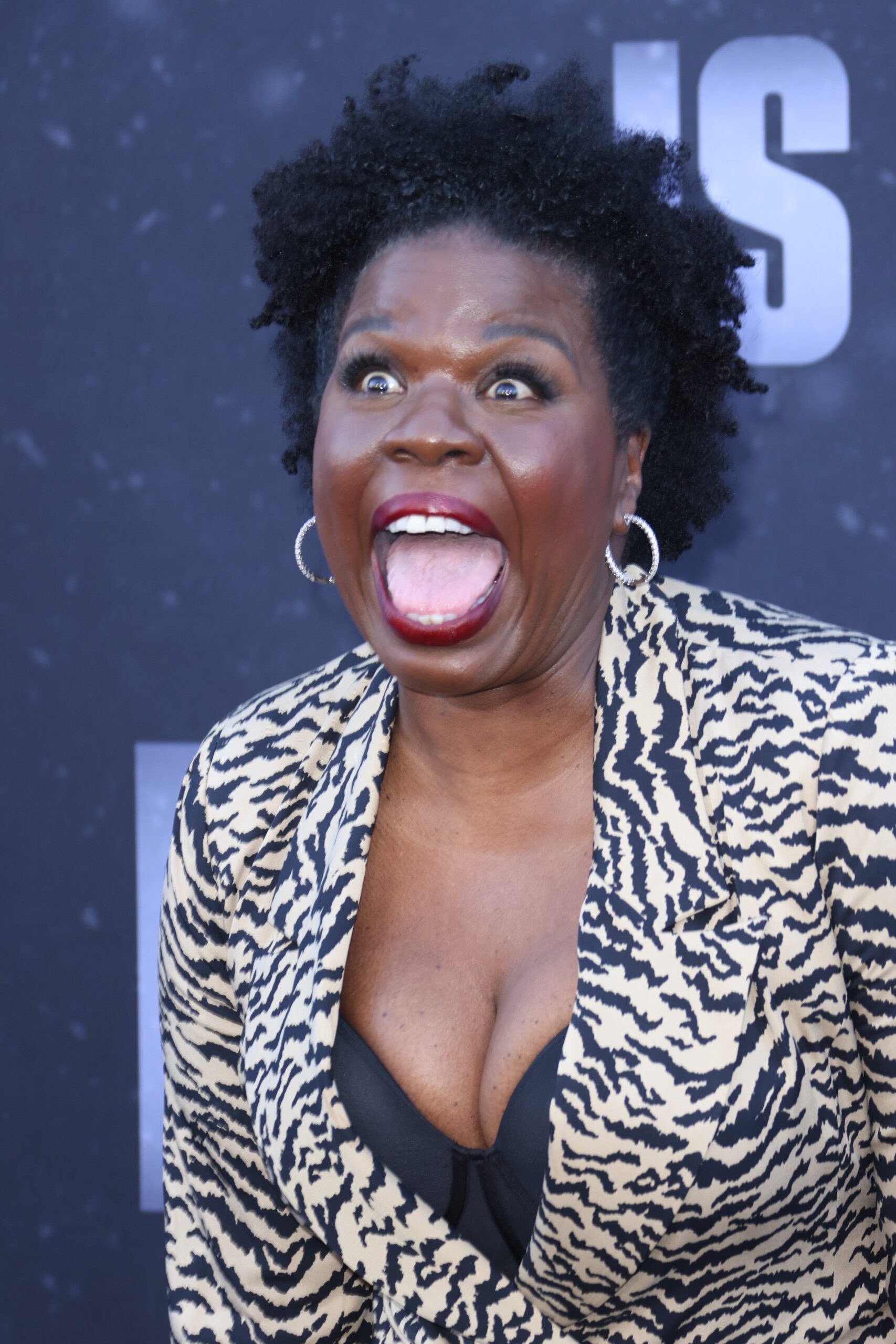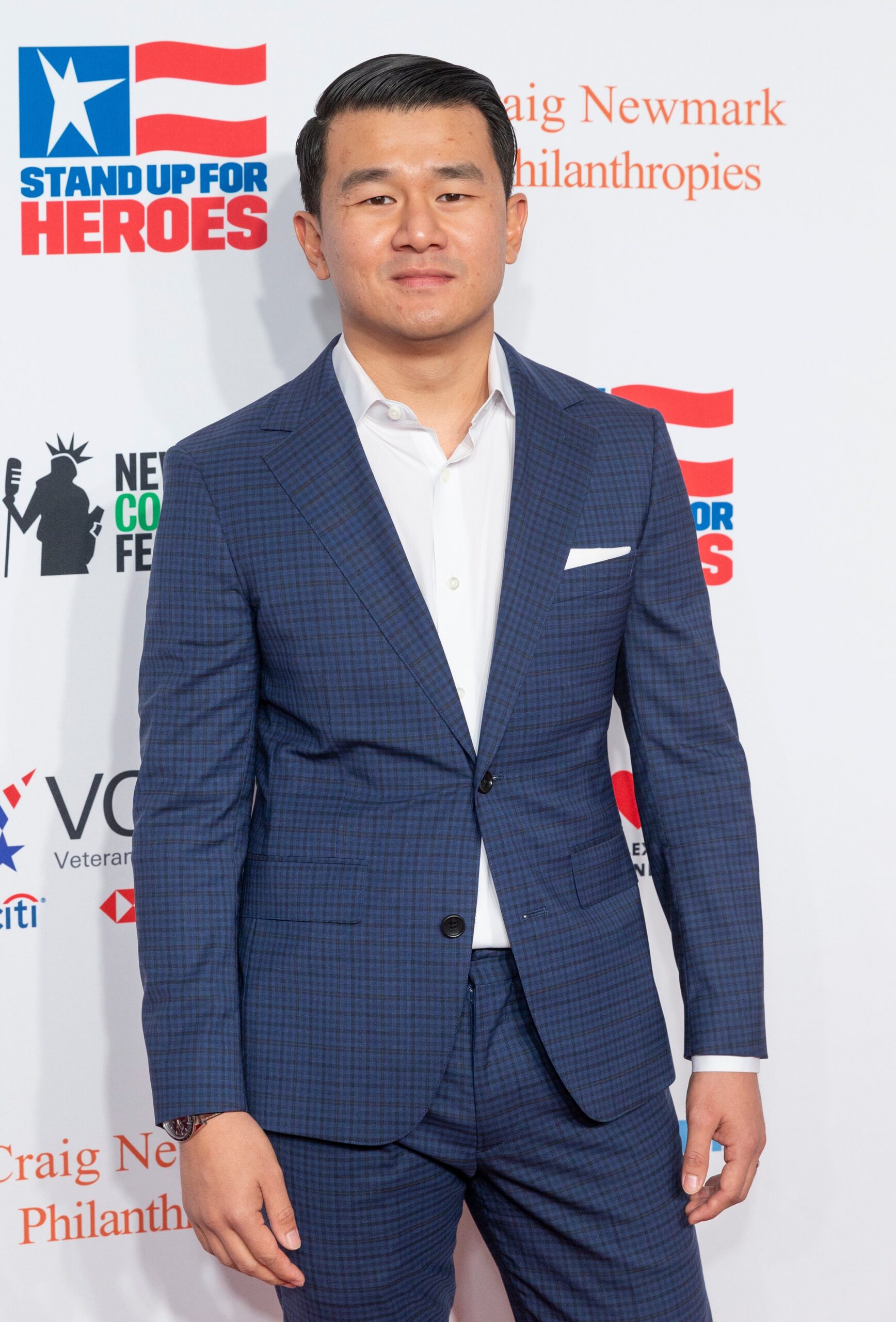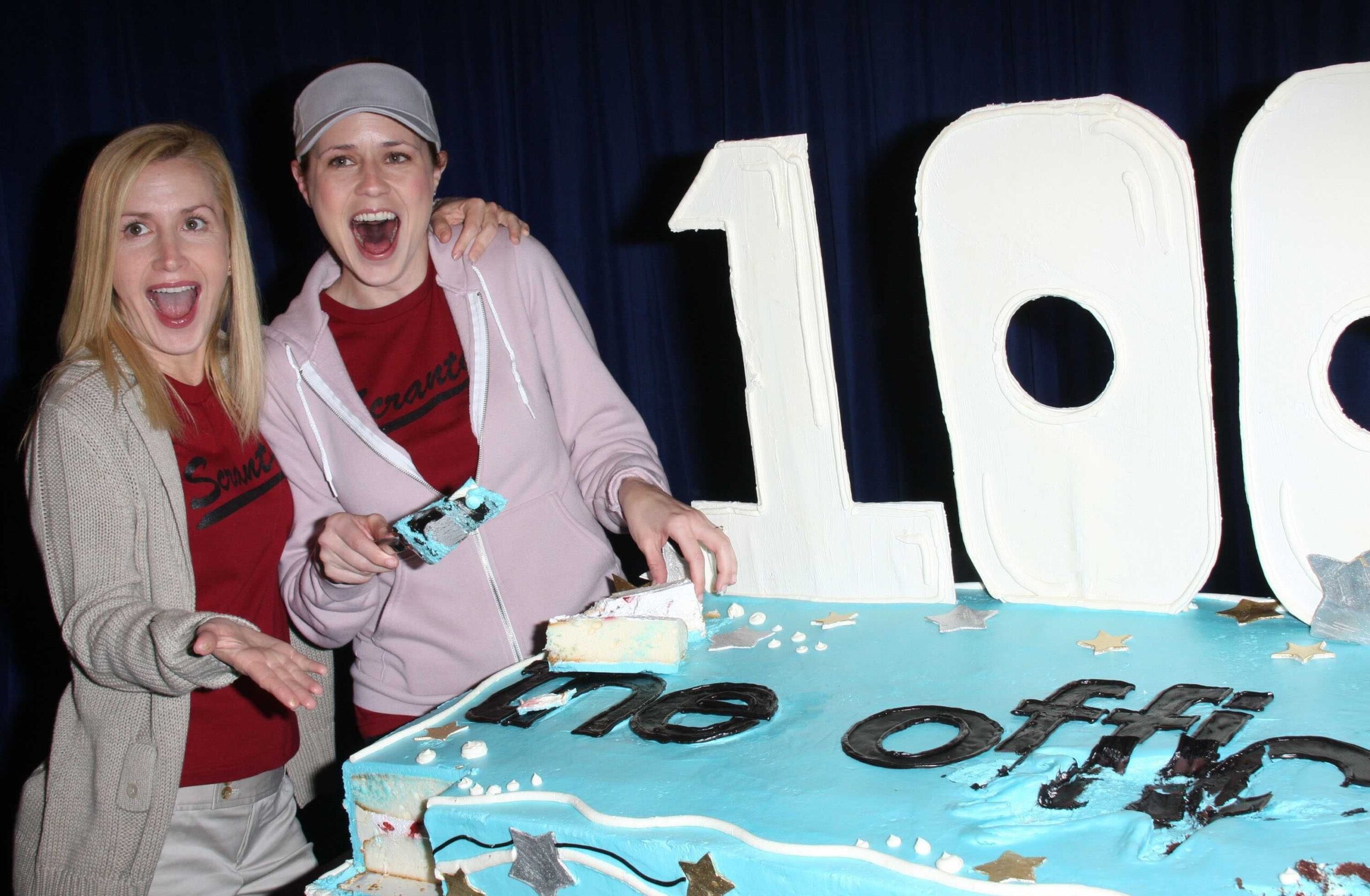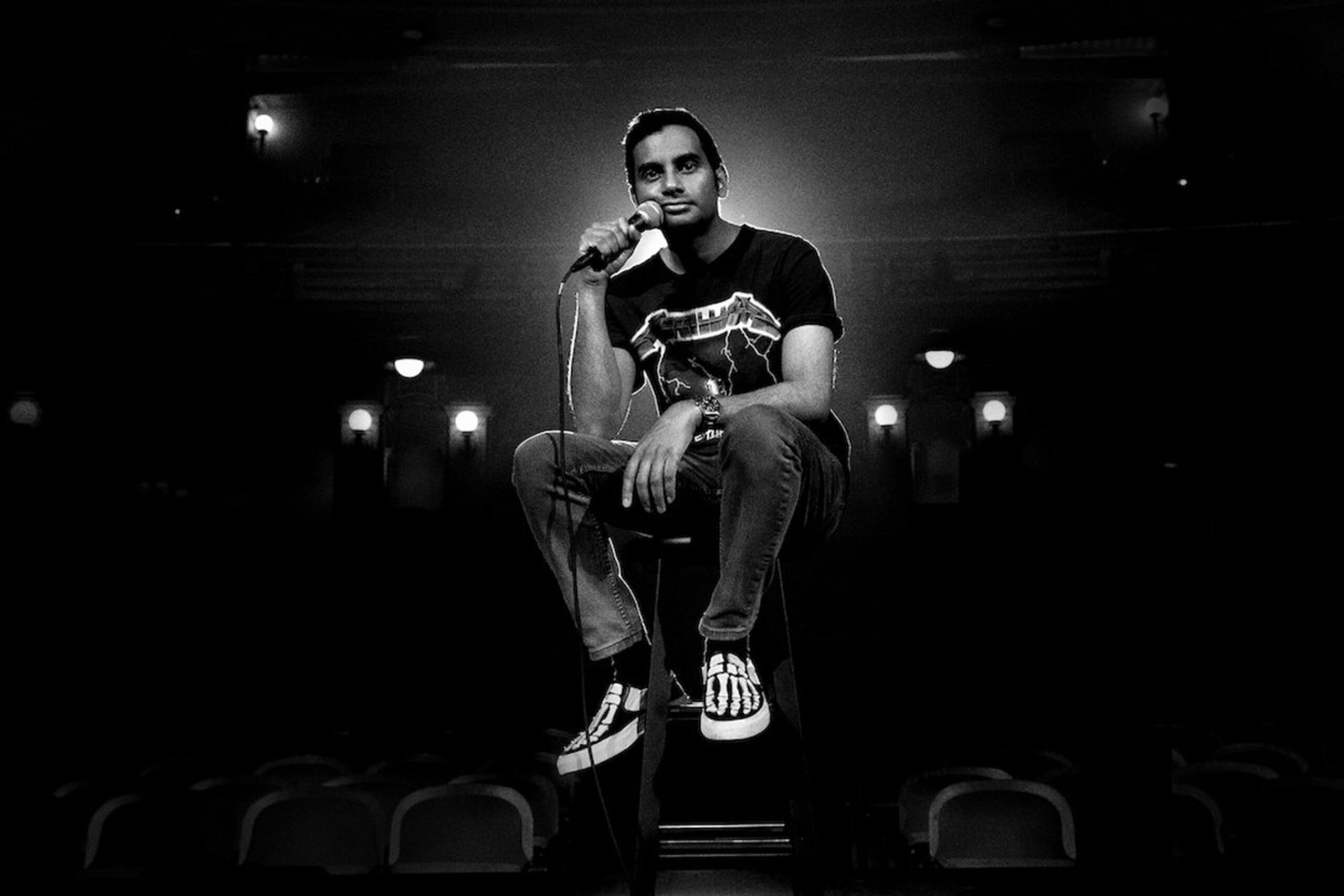We need sites that honor the wholeness of the female experience—and of the femme experience, the female-identifying experience, the trans-man and genderqueer’s experience, and even the experience of the straight white man who loves makeup and cries in his bedroom to Billie Eilish.






